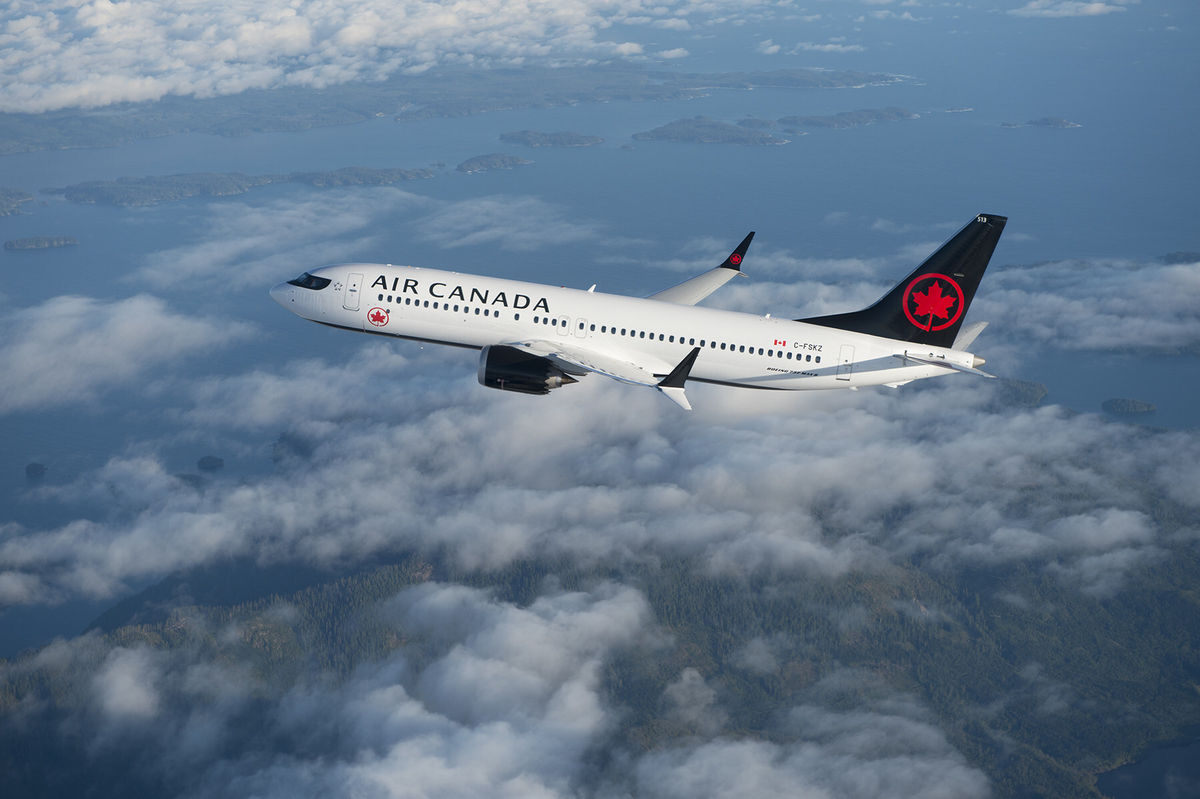Fortunately, cooler heads prevailed. The
potential strike by pilots for Air Canada was averted when the two sides reached
a tentative agreement over the weekend.
But the ramifications could have been devastating. Numerous countries and hundreds of thousands of passengers would be affected since the airline operates more than 650 daily flights. Think of it as the Canadian version of Delta Air Lines.
Just the shuttle business travelers use from Montreal and Toronto to New York City would have impacted two economies. Negotiations seemed so dire that the airline flirted with asking the Canadian government to intervene.
But that’s not the answer. Yet it’s an interesting debate.
On the one hand, the tentacles of a
potential strike could reach out and affect millions. On the other hand,
there’s the sense of setting a bad precedent. If the Canadian government had
become involved, what’s next?
When do you let free enterprise conduct
its own business?
To his credit, Canadian Prime Minister
Justin Trudeau said he would stay out of it. And he did. And the situation
resolved itself. But this is not an opinion made in retrospect. It’s made with
foresight.
The union was right. Why should the
government tilt the decision and be the final arbiter? Yes, the case can be
made that the trickle-down effects of a strike would have been dangerous for
the economy of both the United States and Canada. And several other countries.
But where do you draw the line?
Yes, if an airline went on strike, it would be inconvenient and costly for the consumers down to the airport’s retail shops, airport-related jobs, fast food restaurants and more. But as the prime minister said, they have to figure it out amongst themselves.
For the latest travel news, updates and deals, subscribe to the daily TravelPulse newsletter.

